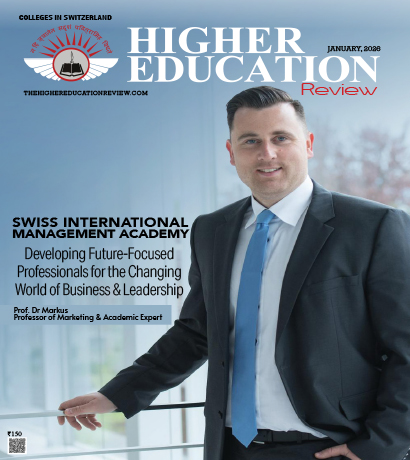Dubai's New Policy Aims to Secure Jobs for 90% of Graduates

- Dubai plans 90% field-aligned employment for students by 2033.
- New policies boost international enrolment, career guidance, and scholarships.
- Education reforms aim to support jobs, economy, and sustainability goals.
Dubai is embarking on a transformative educational reform to equip its workforce for the future, with 90% of employment aligned to students’ fields of study, and 50% international student enrolment, of university enrolment by 2033.
Approved by the Crown Prince Sheikh Hamdan Bin Mohammed, the education reform consists of new visa programs, international scholarships and providing career guidance throughout the whole educational journey.
Together with the Knowledge and Human Development Authority (KHDA), and the Department of Economy and Tourism (DET), the Dubai Strategy envisions over 70 higher education institutions in Dubai, 11 of which are internationally ranked universities, that contribute Dh 5.6 billion to the GDP.
Also Read: IIT Madras Zanzibar Launches UG Course in Chemical Engineering
Dubai is home to 37 international campuses with various programs, and globally ambitious education solutions will also be supported through the launch of a Higher Education Investment Fund, enhanced work visa programs for graduates and regulatory measures to ensure academic standards and the relevance of education to the workplace.
The current Academic and Career Guidance Policy outlines ambitious workforce targets—90% of all Emirati graduates employed within six months of completion, and 80% of institutions providing relevant career services. Other initiatives include entrepreneurship programs, parental engagement activities, and education-to-employment data platforms.
These educational reforms align with other development priorities, such as Dubai's Air Quality Strategy 2030, the new governance frameworks for construction, and mediation services that are linked to Dubai's resilience strategies. The trajectory to creating a more sustainable city relies on converting future job openings into skills opportunities that embrace sustainability, resiliency, and economic empowerment.

